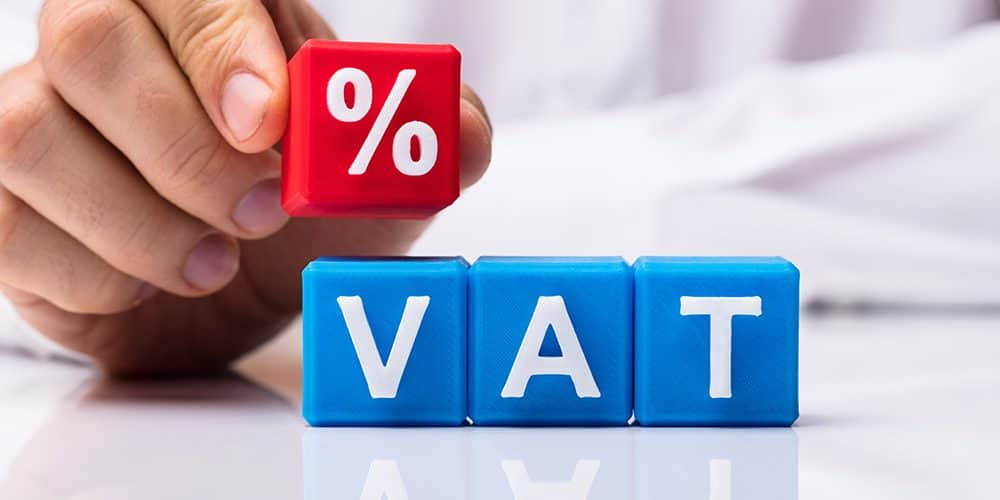Value Added Tax (VAT) is a general tax that applies to commercial businesses that produce and distribute goods and services, so long as their annual turnover is above the threshold. If they are below the threshold, they do not have to charge VAT on their goods. In this blog, we explore the details of the VAT threshold in the UK.
What is a VAT threshold?
The VAT threshold is the amount of annual turnover that a business must reach in order to have to register for VAT. This is a legal requirement and will be reviewed by HMRC.
What is the current VAT threshold?
The VAT threshold in the UK currently stands at £85,000. This figure has remained the same since 2017, and the government have stated that it will remain so until 2024. Previous years saw the VAT threshold at:
- 2014–2015: £81,000
- 2015–2016: £82,000
- 2016–2017: £83,000
When do I need to register for VAT?
If your business’ turnover has exceeded the VAT threshold within any 12-month period, or if it is forecasted to within the next 30 days, you should be registering for VAT. The 12-month period does not need to line up with the tax year.
Can I choose to become VAT registered voluntarily?
Yes. Becoming a VAT registered business can bring with it a collection of advantages, and so you may wish to register if you think your business could benefit from them. These benefits can include:
- The ability to claim back VAT costs
- Communicating a sense of size and professionalism by having a VAT registration number
What are the responsibilities that come with being VAT registered?
There will be a number of responsibilities put your way once you reach the VAT threshold and become VAT registered. You must remember that, as soon as you reach the threshold, you have only 30 days to register with HMRC. These responsibilities will begin as soon as you have been registered.
- You will need to charge VAT on all of your products and/or services.
- You will need to keep valid and up to date VAT accounts and records.
- You will need to submit a VAT return to HMRC annually.
- You will need to pay VAT on the goods supplied to your business by your vendors.
What happens if I don’t register for VAT when needed?
You can expect to receive a penalty from HMRC if you fail to register for VAT when needed. The grade of penalty varies depending on the length of time that has passed.
If your registration is late by up to 9 months, you can expect a penalty of an additional 5% on top of what you should have already paid.
If your registration is late by 9 – 18 months, you can expect a penalty of an additional 10% on top of what you should have already paid.
If your registration is late by over 18 months, you can expect a penalty of an additional 15% on top of what you should have already paid.
Are you looking for advice on your VAT registration? Our team at Bells Accountants are on hand to provide you with support and guidance to prevent you from incurring a penalty. Get in touch with us today to find out more about how we can help.

